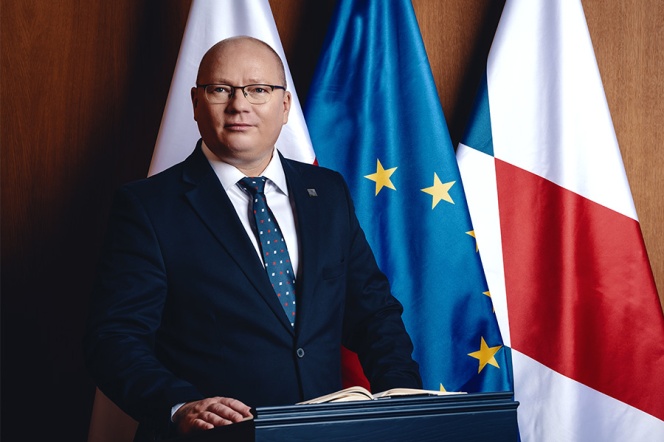Date added: 2023-03-31
Prof. Krzysztof Wilde, the Co-Chair of the board of the ENHANCE Alliance

The ENHANCE European Universities of Technology Alliance unites ten European universities. Except for Gdańsk University of Technology, which became its member in 2022, the Alliance comprises: Technische Universität Berlin, RWTH Aachen, Chalmers University of Technology, the Norwegian University of Science and Technology (NTNU) in Trondheim, Politecnico di Milano, Universitat Politècnica de València, Warsaw University of Technology, ETH Zurich and TU Deft University of Technology.
The Board of Directors is the highest governing body of the Alliance; it is made up of rectors and presidents of member universities. One of the items on the agenda during the Board meeting on 27 March 2023, was election of the new chair and vice-chair of the Board for 2023 – 2025. The meeting was officiated by the current Chair of the Board of Directors, Prof. Anne Borg, the Rector of NTNU. The candidates for these positions were respectively: Prof. Geraldine Rauch, the President of the Technische Universität Berlin, as the new Chair, and Prof. Krzysztof Wilde, the Rector of Gdańsk University of Technology, as the Vice-Chair. Both candidates were unanimously appointed by the Board.

ENHANCE European University project is aimed at systemic, structural and sustainable cooperation between the universities of the consortium, which will lead to the development of new solutions exceeding the existing models of cooperation. Detailed objectives adopted by ENHANCE universities include, among others: introducing innovative, large-scale teaching methods, facilitating subject selection process from the offer of partner universities, developing a system that facilitates the mobility of the academic community and reduces bureaucratic barriers. The member universities also cooperate with associated partners - enterprises, city halls, student organizations, research networks, foundations and non-profit organizations.

